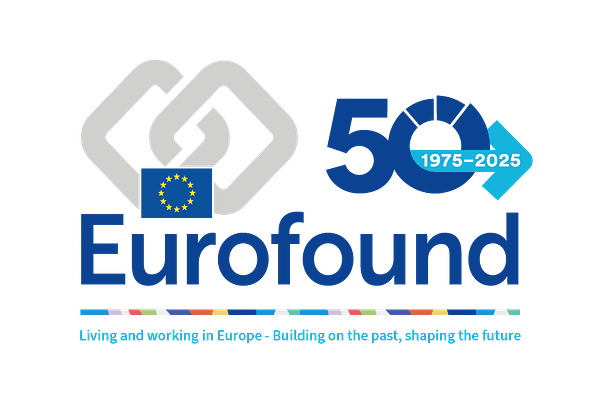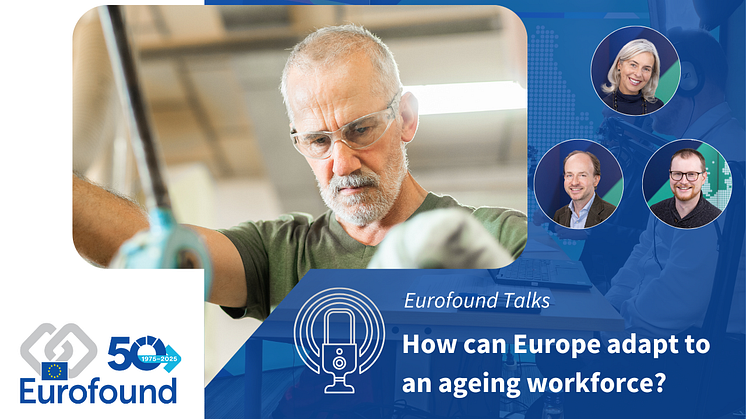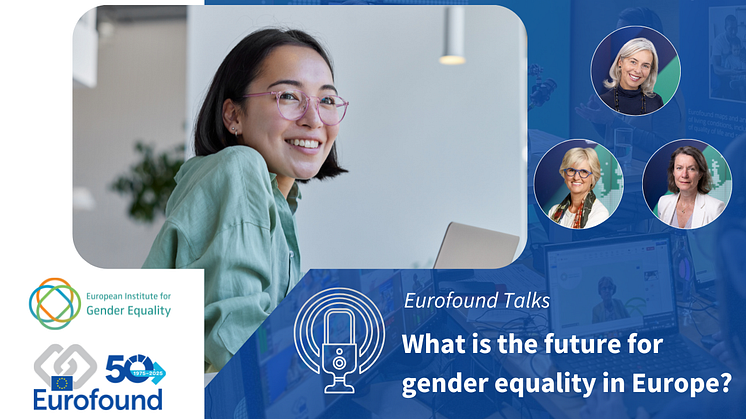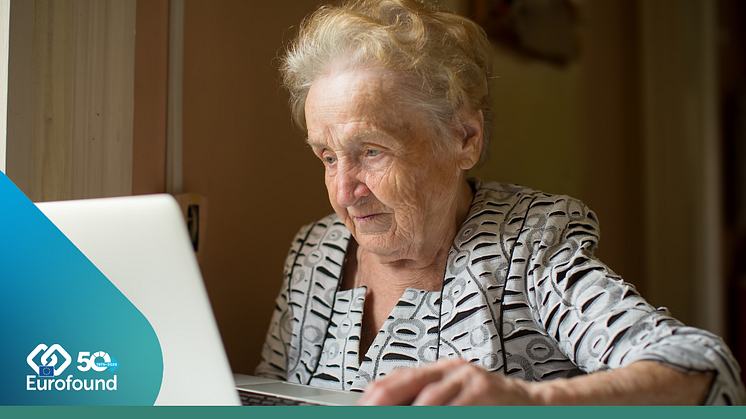
Press release -
Almost half EU population now provide unpaid care
45% of the population are now engaged in unpaid care across the EU with one in ten managing multiple caregiving roles. This vital, often unrecognised, informal care — predominantly provided by women and individuals aged 35-44 within families — is set to soar over the next two decades.
As Europe's population ages and chronic illness rises, the personal and economic costs of this essential support, particularly when formal services are strained, will escalate dramatically.
Eurofound’s new Unpaid care in the EU report systematically investigates the situation of caregivers. It examines their characteristics, the types of care they provide, and the significant impact on their time-use patterns and overall well-being. The research also sheds light on the multifaceted challenges carers encounter, from financial strain and social isolation to adverse effects on their physical and mental health.
It shows that there are persistent gender disparities, with 48% of women providing unpaid care compared to 42% of men. Care peaks among those aged 35-44, with 57% providing care in this age group. Over 61% of long-term and 67% of childcare providers are also in paid employment. Students and retirees also contribute significantly, and foreign-born individuals are overrepresented.
Estimating the economic value of unpaid care is complex, with methods like market replacement cost (what it would cost to pay someone for the care) and opportunity cost (the forgone earnings if the caregiver worked instead) both attempting to reflect its magnitude. EU estimates show unpaid family childcare's opportunity cost was €470 billion (4.1% of GDP), while its market replacement varied from €335-€689 billion (2.9%-5.9% of GDP). Unpaid long-term care's cost ranged from 0.9% to 4.2% of GDP across different EU states.
The research highlights that societal shifts such as declining fertility rates, changing household structures, and higher female labour market participation are shrinking the pool of traditional unpaid caregivers, thereby intensifying existing pressures on those providing care. Many individuals take on unpaid caregiving out of necessity rather than preference, often driven by cultural expectations and insufficient access to affordable, high-quality formal care services.
A critical dimension of the analysis highlights that many unpaid carers, particularly young carers and those outside the labour force, do not identify as carers and consequently lack external recognition. Definitions of unpaid carers also vary widely across Member States, contributing to significant gaps in available support.
Intensive unpaid caregiving profoundly impacts carers' employment, finances, social connections, and health. The report advocates for a harmonised EU policy framework to recognise all unpaid carers, across diverse demographics. Key recommendations include facilitating self-identification for support access, improving formal care provision, and implementing robust work-life balance policies like flexible leave.
Furthermore, it stresses the need for stronger financial protection via social schemes, enhanced data collection (especially for young carers), and a holistic policy approach to support those with extensive or multiple caregiving roles.
- Download the report: Unpaid care in the EU
More information:
- Topic page: Care





